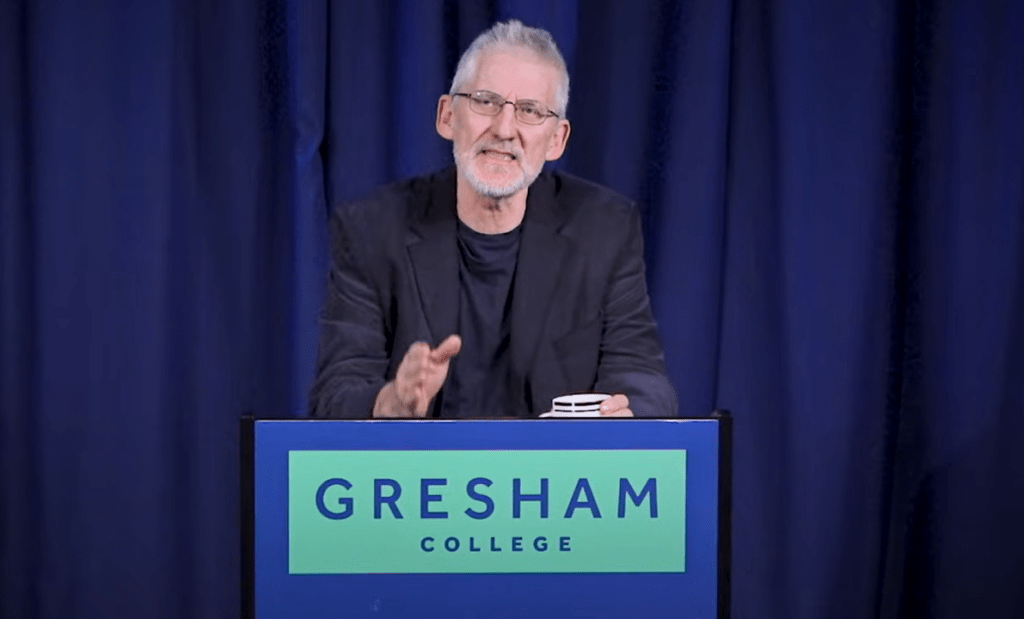Why Digressions Can Win Hearts and Minds
At a recent Gresham College lecture, human rights lawyer Clive Stafford Smith opened with an apology: he was tired, jet-lagged, and low on energy. Then he began speaking—in a flat, almost plodding tone that rarely lifted. And yet, by the end, I was captivated. What made this talk work wasn’t the performance. It was the structure of the storytelling—and the way he used digressions to change how we listen. [Links to lecture: Gresham College, YouTube]
His delivery reminded me of the late comedian Ronnie Corbett, known for long-winded monologues that seemed to ramble off course before finally circling back to a punchline. In Corbett’s case, the diversions were often more entertaining than the final joke. In Stafford Smith’s case, they served a subtler purpose: they built empathy and credibility, quietly drawing the audience along until—almost without realising it—we were ready to hear something that, had he led with it, we might have rejected.
This style works because it creates space. Space for reflection. Space for doubt. Space for nuance. The speaker doesn’t hammer a message home; they walk you through the scenery that shaped it. Personal stories become waypoints. Each one is a small act of trust—an offering from the speaker’s own life or experience. By the time the argument lands, it feels like something shared, not imposed.
It’s a deeply humane way to communicate. And it’s particularly useful when your message is provocative, complex, or emotionally loaded. Rather than confronting disagreement head-on, it leads the listener down a different path—one paved with stories, insights, even a bit of humour. Resistance fades. Sympathy grows.
That’s why I think it’s valuable for anyone—especially those in leadership, advocacy, or teaching—to have an arsenal of personal stories. Not to decorate a speech, but to structure it. The digressions aren’t distractions. They’re what make the destination reachable.
In a time when attention is short and tempers are quick, the meandering storyteller has an underrated power: the ability to change minds by taking the long way round.
The post The Power of the Meandering Story appeared first on SWISSUES.

